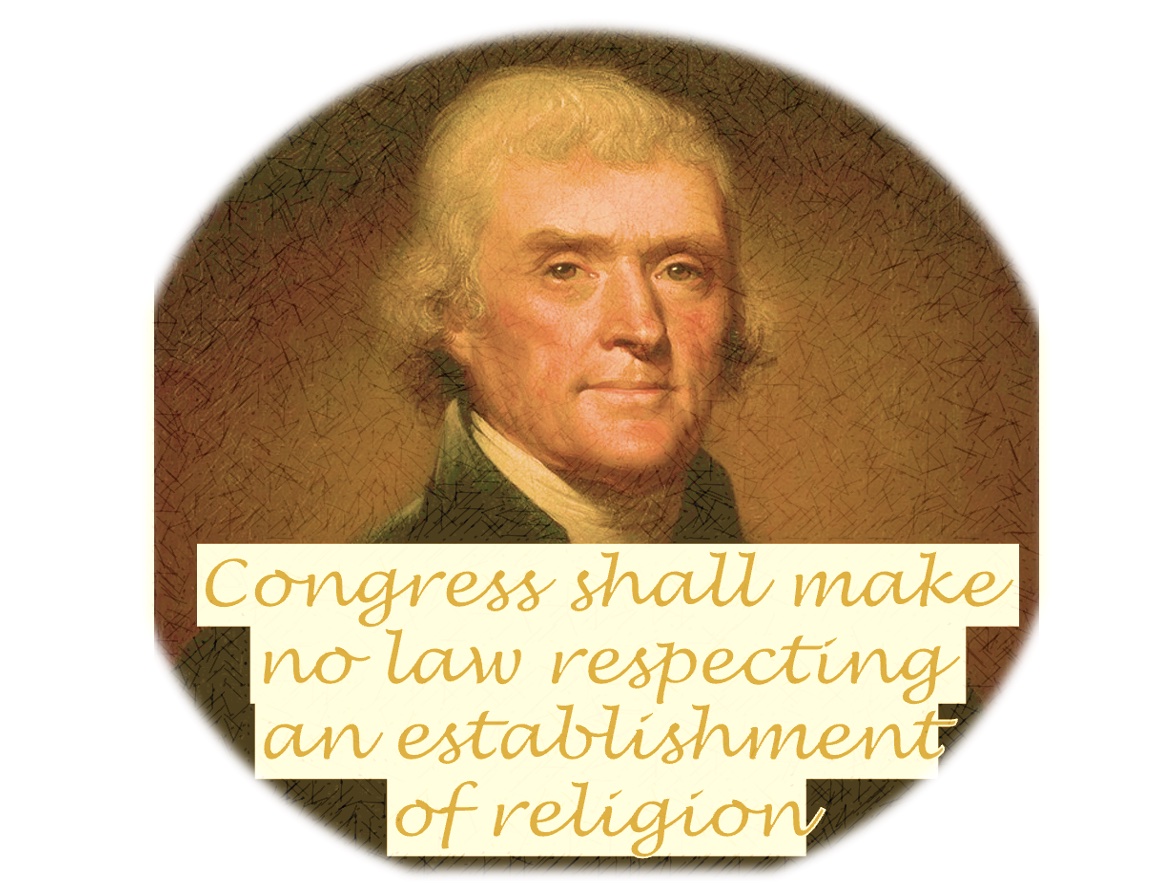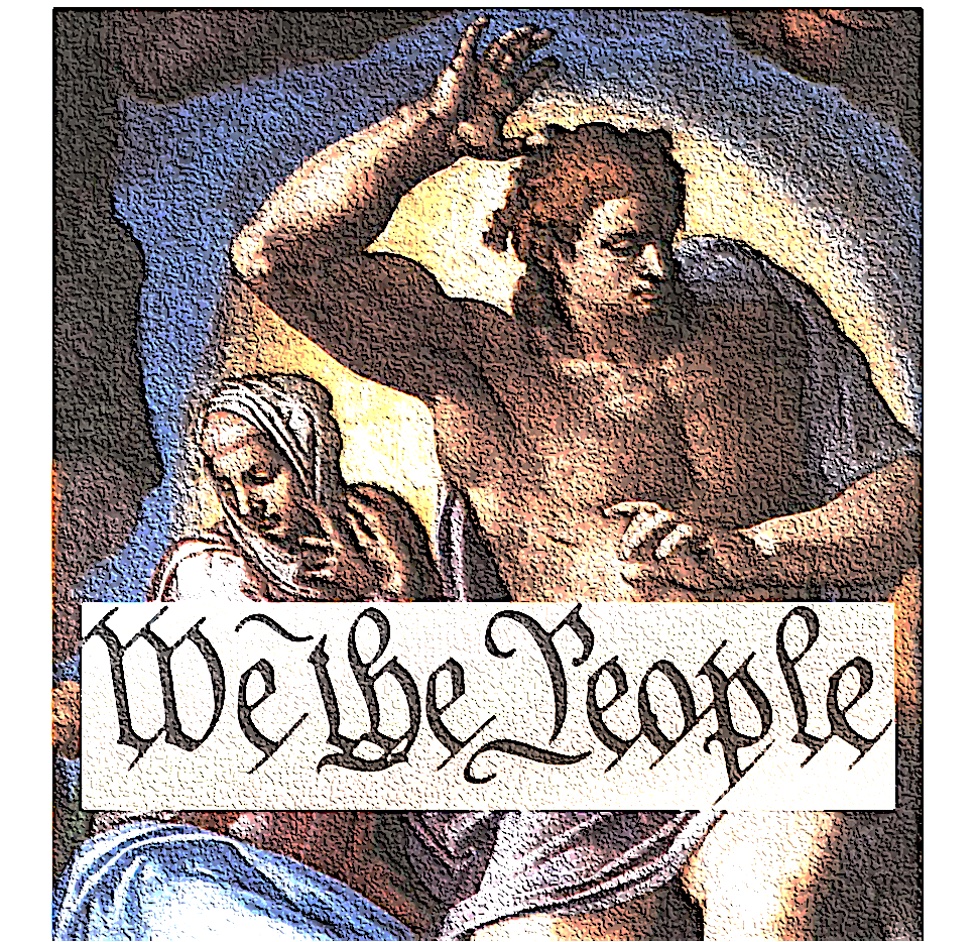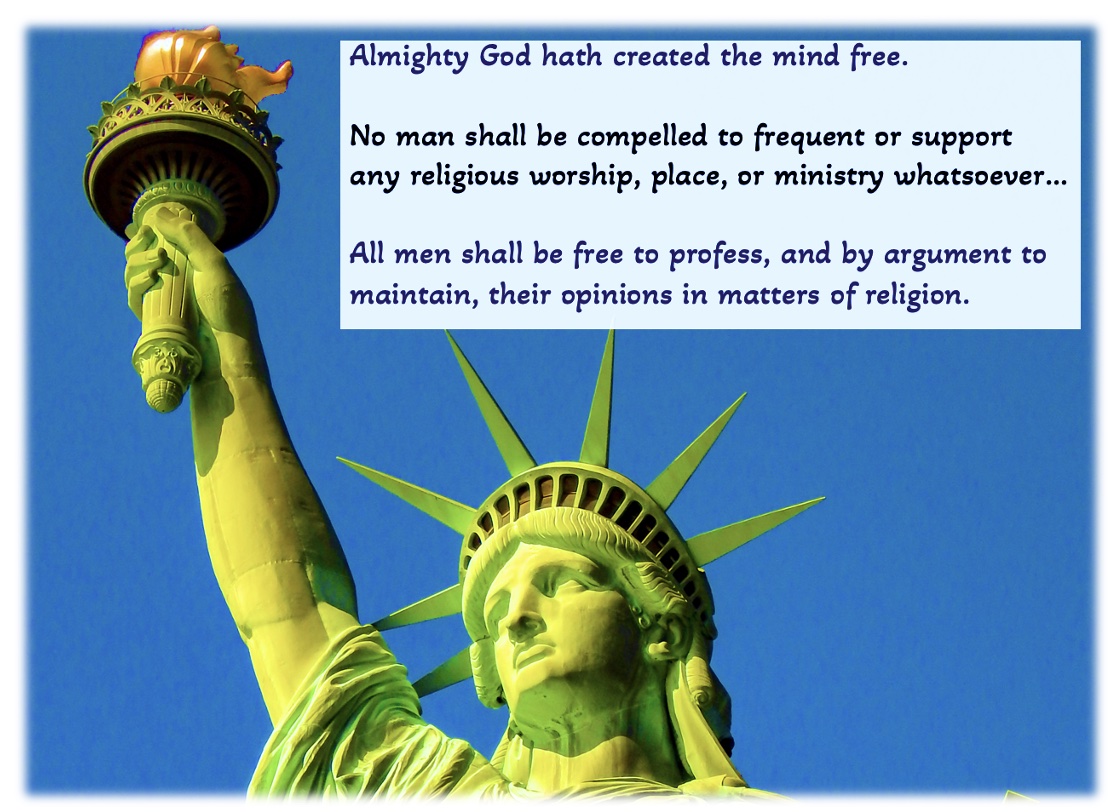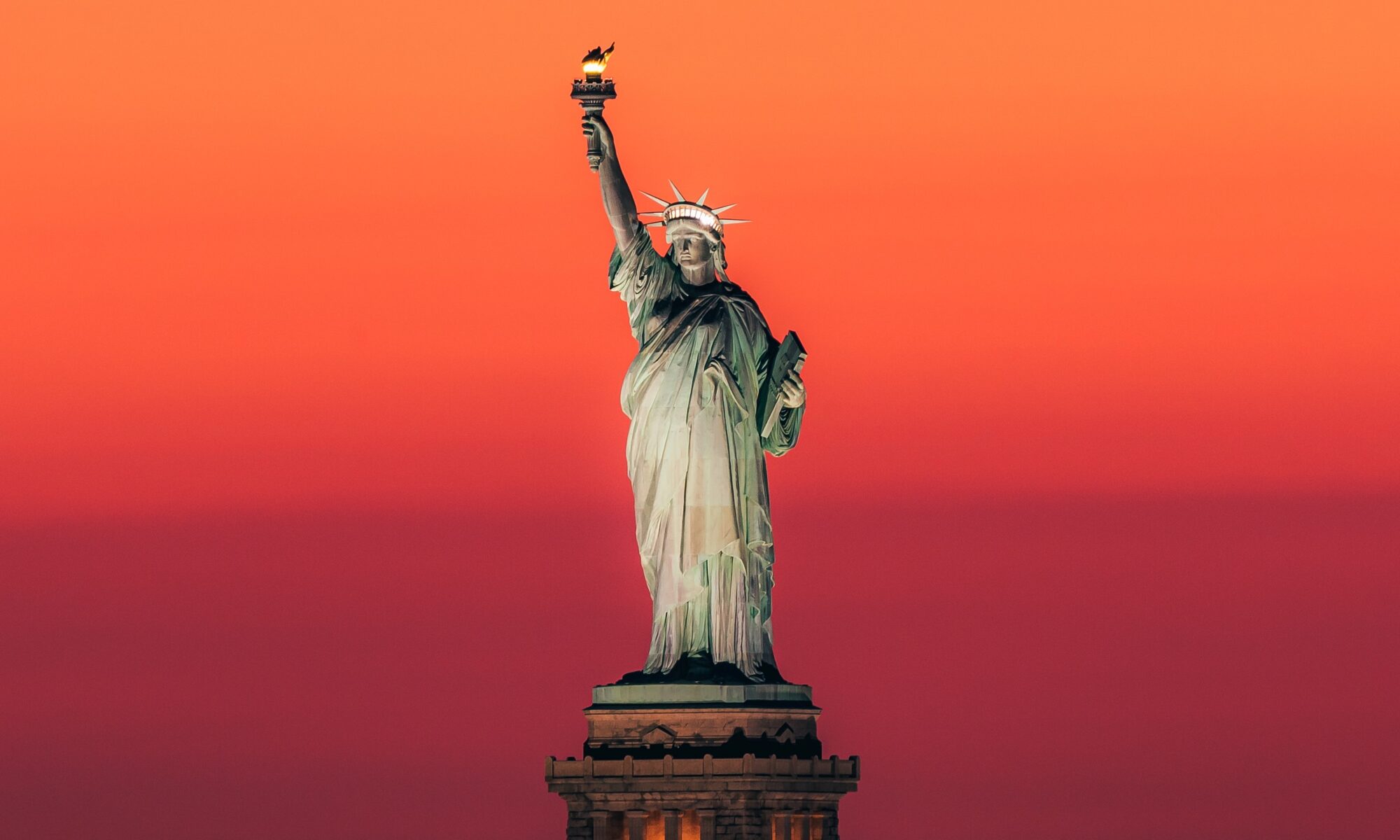The Ten Commandments have long been controversial. So, it’s not surprising that Christians in Louisiana have resurrected this controversy with a law requiring the Ten Commandments to be posted in schools. Oklahoma and Texas are following suit. Donald Trump recently posted, in all caps, “I LOVE THE TEN COMMANDMENTS IN PUBLIC SCHOOLS.”
This appears to violate the Establishment Clause of the First Amendment, which prohibits state entities from propounding religious doctrine. This does not mean, however, that schools and teachers cannot address the controversy.
At best, the text known as the Ten Commandments invites deeper conversations about religion, ethics, and political life. At worst, it becomes a meaningless idol, posted on the wall without thought.
Scholars refer to this text as The Decalogue, which means “ten sayings.” In the Bible, these sayings are not numbered and occur in slightly different forms in Exodus and Deuteronomy. The text has been interpreted in diverse ways. This includes a difference in numbering the commandments. Catholics think the sixth commandment is against adultery, while Protestants count that as number seven. For Catholics, the commandment against murder is number five. Protestants count that as number six.
Beyond the textual details is the deep question of whether morality must be grounded in religion. The first several commandments are religious, which may suggest that faith is before ethics. Does this mean that atheists cannot be ethical?
Another significant question is whether morality is negative, focused only on a few “you shall not” prohibitions. Should we donate to the poor, forgive our enemies, or give special consideration to the disabled?
The Decalogue is silent on these questions. It does not mention abortion, the death penalty, or war. Nor does it celebrate democracy or liberty. The Decalogue has always been the subject of interpretive disputes. When asked about these ancient laws, Jesus offered a succinct interpretation, suggesting that there are only two laws: love God and love your neighbor as yourself.
Of course, this did not settle the matter. Benjamin Franklin suggested the existence of twelve commandments, with the first being “to increase and multiply” and the twelfth demanding us “to love one another.” John Adams and Thomas Jefferson discussed the matter in letters the two ex-presidents exchanged about a German book of Biblical criticism. Adams suggested that the book showed that the Ten Commandments were “not written by the finger of God on tables.” Jefferson expressed doubt about the authenticity of the Decalogue since, as he put it, the history of these texts is “defective and doubtful.”
There are lots of interesting questions here for student research and reflection. Consider the third or fourth commandment—depending on your tradition—which focuses on keeping the sabbath day holy. Does this mean that businesses must close or that it would be wrong to watch football on Sunday? Students might also ask whether Sunday is actually the sabbath. Most Christians think so. But Seventh-Day Adventists maintain that Sunday was imposed on Christians by the Romans. They follow Jewish tradition and view Saturday as the Sabbath.
Critical discussions of the Decalogue should eventually lead to a conversation about the value of the First Amendment as a response to religious diversity. When a state authority picks sides in religious and moral controversies, it ends up violating the Establishment Clause. There is no doubt that the Decalogue is controversial. But does posting the text amount to promoting a religious viewpoint?
If the text were posted alongside similar texts such as Hammurabi’s Code, Buddhism’s Four Noble Truths, or the Five Pillars of Islam, it would be more obviously a stimulus for critical thought and lessons about history. Context matters. As does the intention of those who post such texts.
Christian culture warriors do not seem to engage in critical thinking about the Bible. Here is the irony: If the text isn’t used to spur critical conversations, it appears to violate the First Amendment. But once we engage in a critical conversation about the Decalogue, it becomes obvious that the text is controversial and that the Establishment Clause ought to prohibit it from being posted as an idol in classrooms.
Read more at: https://www.fresnobee.com/opinion/article289743274.html#storylink=cpy






